
The results showed a two-year overall survival rate of 98 percent with Imbruvica.

The results showed a two-year overall survival rate of 98 percent with Imbruvica.
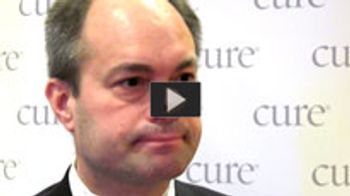
CURE spoke with Wierda at the 2015 Chemotherapy Foundation Symposium, a meeting of over 1,000 oncologists and oncology professionals.

When tyrosine kinase inhibitors benefit patients with CML, can treatment ever be stopped? Experts are looking for an answer.

Though clinical work is ongoing and early, researchers are already considering how to manage potentially fatal neurotoxicities in patients treated with chimeric antigen receptor (CAR) T-cell therapy.
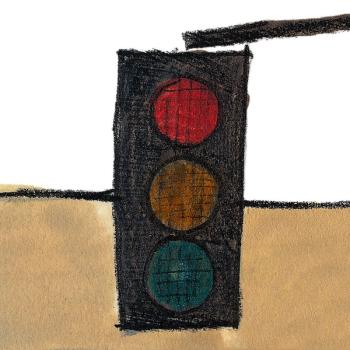
A phase 3 study exploring Zydelig in combination with Treanda and Rituxan for patients with previously treated CLL has been stopped early following a positive interim analysis.
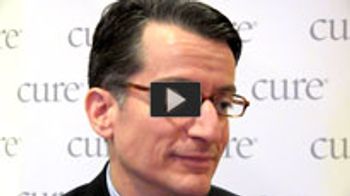
Michael J. Mauro, provides an overview of some of the questions he hears from patients with chronic myeloid leukemia (CML).
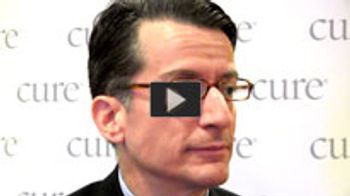
Michael J. Mauro, leader, Myeloproliferative Neoplasms Program, Memorial Sloan Kettering Cancer Center, discusses the diagnosis of chronic myeloid leukemia (CML).

Monoclonal antibodies are poised to revolutionize the treatment of adult patients with relapsed acute lymphoblastic leukemia (ALL).

Ed chronicles his chronic lymphocytic leukemia (CLL) story from the third person.

A survivor shares the story of his experience with chronic myeloid leukemia.

By donating stem cells through Be The Match, healthy adults can save the lives of people with blood cancers.

For adults with acute leukemia, CAR T cell immunotherapies, targeted drugs and pediatric chemotherapy regimens are improving outcomes.

Researchers say breakthrough blood cancer therapies are worth the high cost. Other experts disagree.
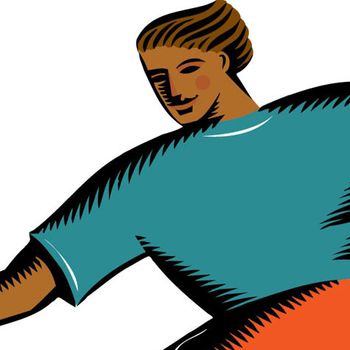
Researchers at UAB found that patients aged younger than 65 who were unmarried, lived in lower-income areas, and who were uninsured or Medicaid beneficiaries were at significantly higher risk of premature mortality.

Watching, waiting and then choosing from a bevy of new treatments can be a good strategy for many with CLL.

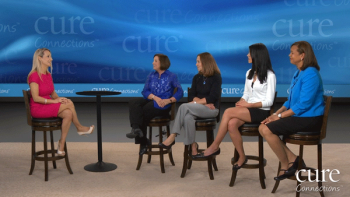
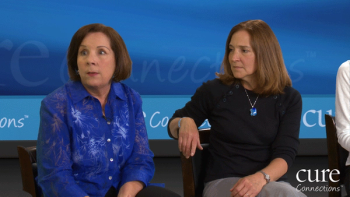
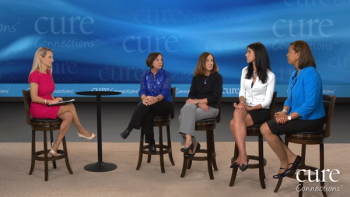
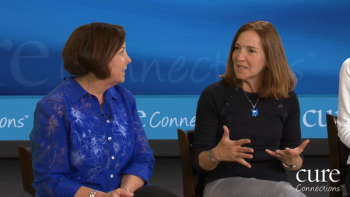
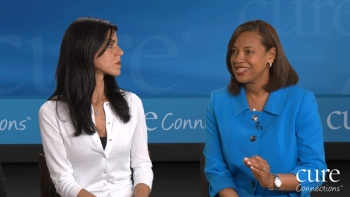
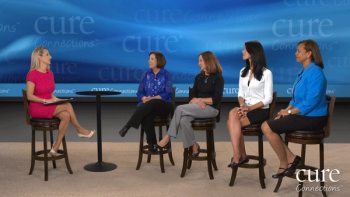

The investigational agent venetoclax has successfully met the primary endpoint of a phase 2 study as a treatment for patients with high-risk relapsed or refractory chronic lymphocytic leukemia.

For some, working after cancer means switching careers to pursue a passion.

Adding the targeted drug Imbruvica to a standard combination treatment reduced the risk of disease progression by 80 percent compared with the standard combination alone in patients with pretreated CLL or SLL.